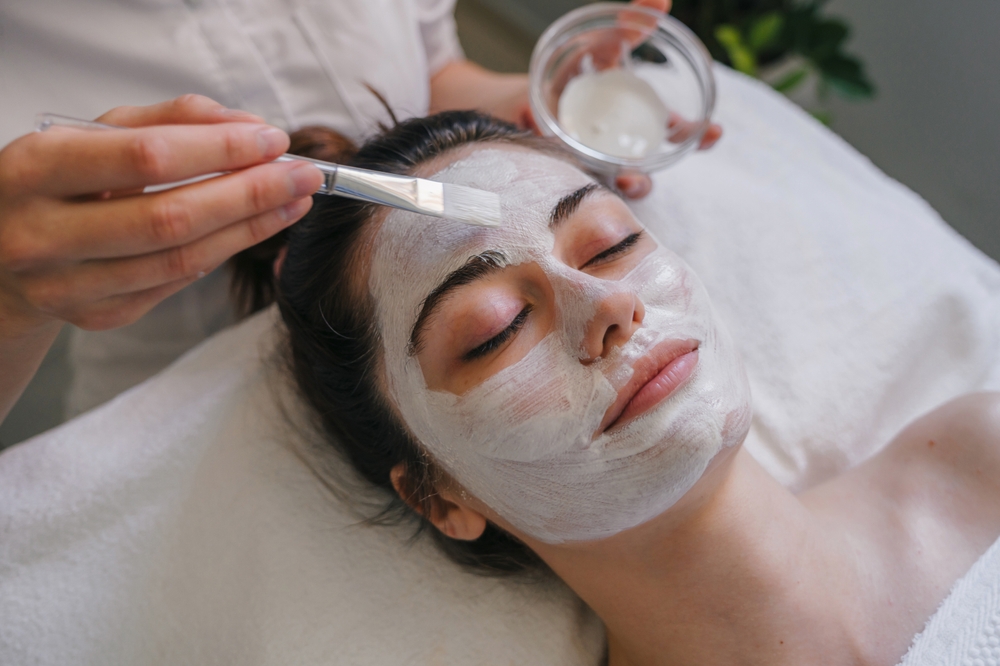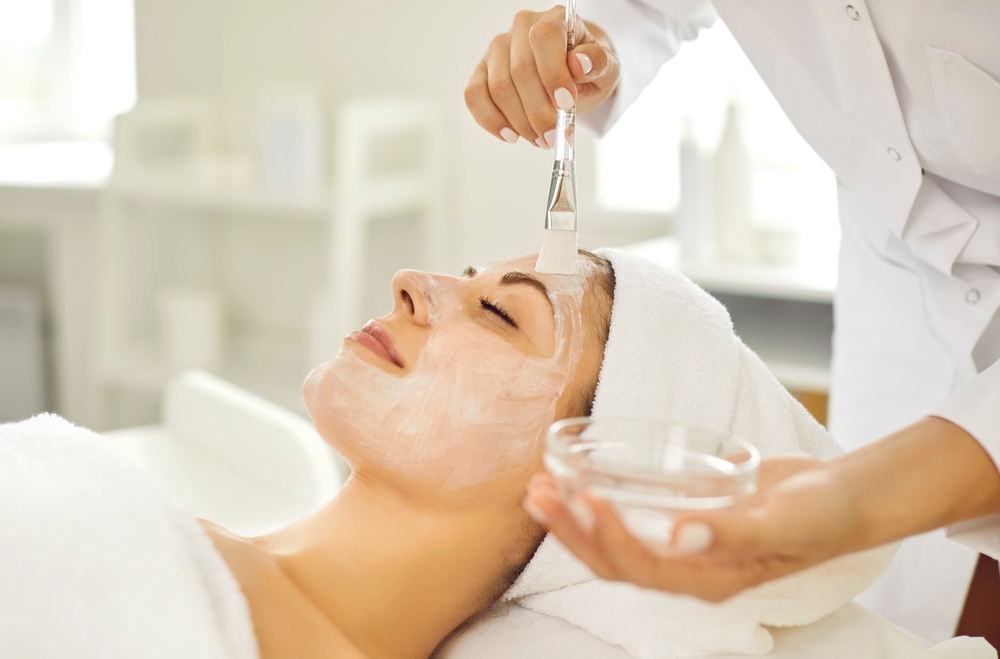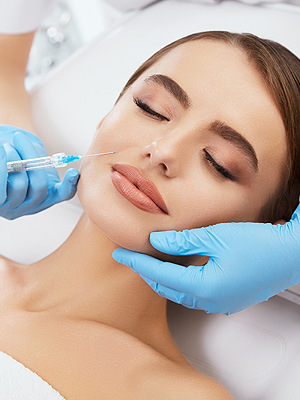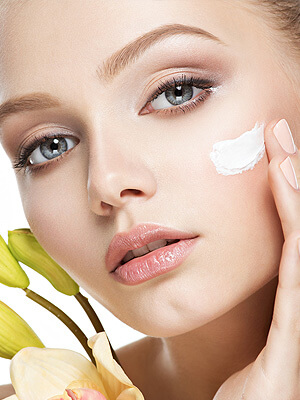If you’ve ever wanted to get a chemical peel, you may be wondering if you need to change anything with your usual skincare routine to prepare for the treatment. Chemical peels are much less invasive than many cosmetic surgeries, but they can be a little harsh on the skin.
This is by design, as chemical peels are meant to promote new skin growth by killing existing skin cells. By properly preparing your skin before a chemical peel, you can ensure the process goes smoothly and causes as little irritation to your skin as possible.
Depending on what kind of chemical peel you get, you may need to change your skincare routine, but the changes are pretty simple, and you only need to make them a couple of weeks before your treatment. Keep reading to learn more about chemical peels and how to adjust your skincare routine in preparation for one!
What Are Chemical Peels Used to Treat?

Chemical peels can be used to treat almost anywhere on the body, but the face is by far the most commonly treated area. A peel can significantly reduce the appearance of fine lines, wrinkles, scarring, acne, stretch marks, age spots, freckles, melasma, and sun damage in general.
Generally, chemical peels are quite safe as they don’t involve any kind of surgery. They only affect the skin that’s being treated.
Your skin can get irritated from a chemical peel, but with proper skin care before and after your treatment, you can minimize discomfort and ease the healing process.
Mild vs. Deep Peel
There are different kinds of chemical peels. Mild chemical peels only remove the top layers of your skin.
They usually use hydroxy acid. If you get a mild peel, your healing time after treatment will be shorter, and you’ll see results more quickly.
But mild peels don’t have the same stark results as a deep peel with a single treatment. They can still treat many kinds of skin blemishes, but more extensive skin discoloration, scarring, and wrinkles won’t be fully affected by a mild peel in the same way they would from a deep peel or may require a series of treatments.
Deep peels generally use trichloroacetic acid (TCA) and penetrate more layers of skin than a mild peel. Deep peels can treat extensive skin blemishes, but in turn, they are harsher on your skin.
They take longer to heal from and experience the full results of the treatment. The best kind of peel for you will depend on what you want treated as well as how well your skin is able to heal.
Your provider will be able to evaluate you and recommend what kind of peel may be best for you. When preparing for a peel, your exact skincare routine will vary depending on what kind of peel you get, but there are also things you should do for any kind of peel.
When Do I Start Preparing For a Chemical Peel?

In general, you should change your skincare routine to prepare for a chemical peel two weeks before your treatment. If you’re doing a deeper peel, your technician may even want to change your skincare routine four to six weeks in advance, but this depends on your current skincare routine and your skin type.
It’s always best to ask your aesthetic technician or doctor how to prepare for a chemical peel.
What Do I Need To Avoid Before a Chemical Peel?
A big part of preparing for a chemical peel is about avoiding things that can harm your skin. You should take extra care to protect your skin from sun damage, so don’t go tanning and wear at least 30 SPF sunscreen every day.
You may also need to avoid exfoliants a few days before your peel, depending on your specialist’s recommendation and the kind of peel you’re getting. If you’re having a mild peel, you may also need to stop any use of retinoids a week in advance.
What Products Should I Use When Preparing for a Chemical Peel?
When it comes down to what kind of skincare products you should use to prepare for a peel, your doctor or aesthetic technician will give you specific instructions. The following are general guidelines so you can get a sense of what a pre-chemical peel skin routine is like, but you should always go with what your practitioner recommends.

For Mild Peels
For mild peels, you should use an acid-based cleanser as it helps to thin out your outermost layer of skin so the peel is more even. You can follow up the cleanser with an antioxidant serum, which will promote skin regeneration after the peel.
For Deep Peels
For deep peels, your practitioner may recommend using a retinol. It’s a bit harsher than acid cleansers, but it both thins out dead skin cells and promotes new skin regeneration better for deeper peels.
However, only use this under the guidance of a professional. If you have darker skin or hyperpigmentation, you may also need to use a melanin inhibitor like hydroquinone.
This slows down melanin production to give the skin a more even tone and color following the peel.
Are you interested in learning more about chemical peels? Schedule a consultation at Revive MedSpa in Hazelton, Kingston, or Scranton, PA, today! We’ll be able to evaluate you to determine if a chemical peel is right for you and give you more specific instructions about preparing for your peel if you decide to get one.



